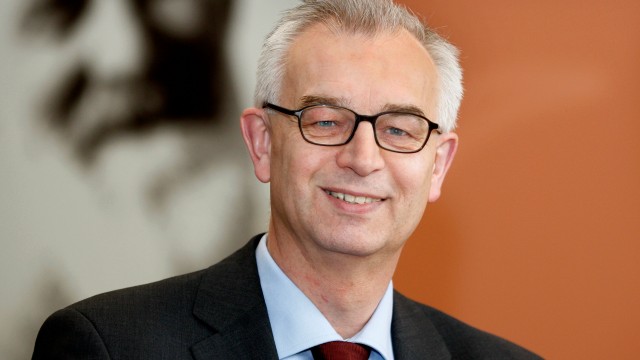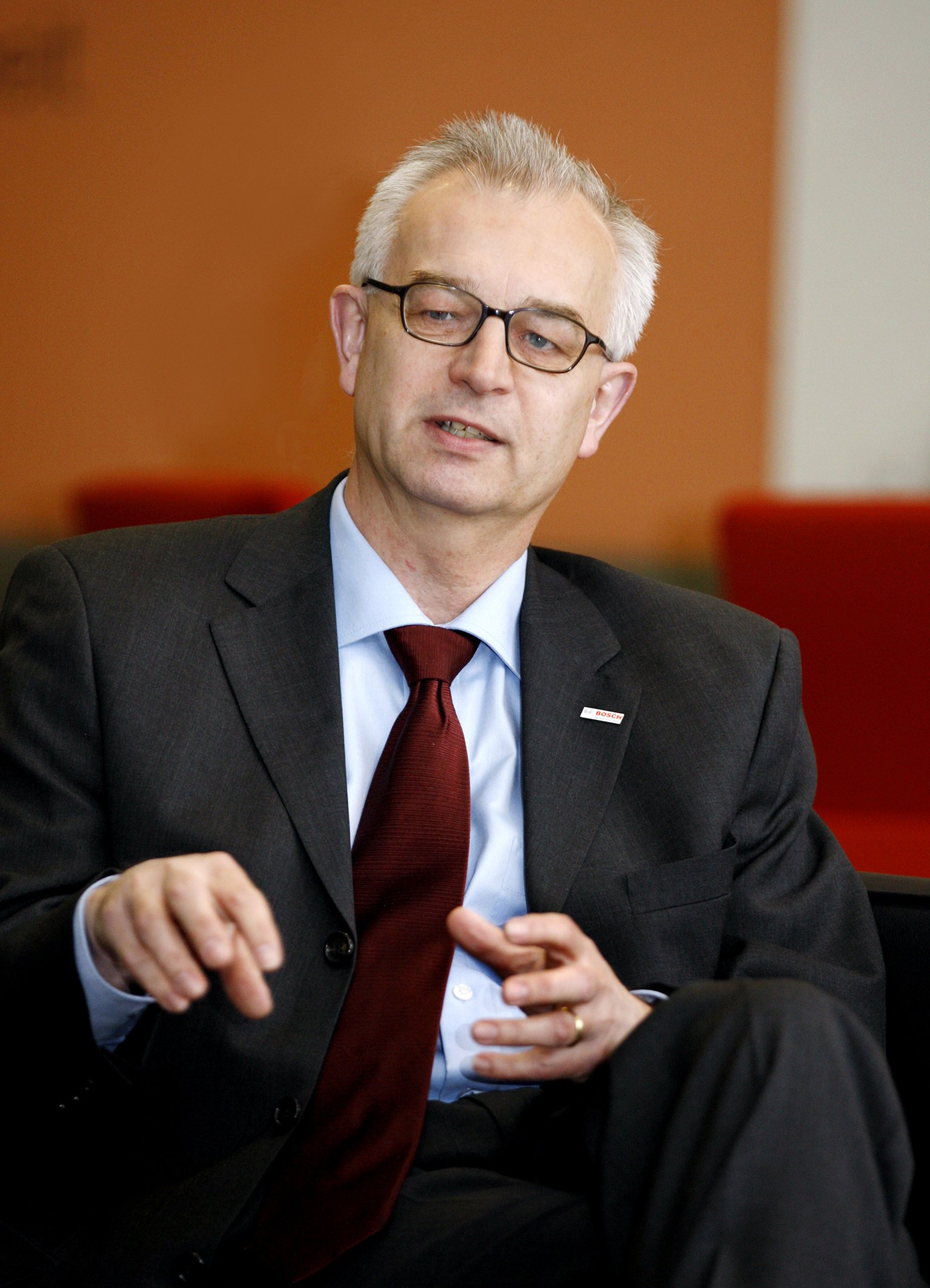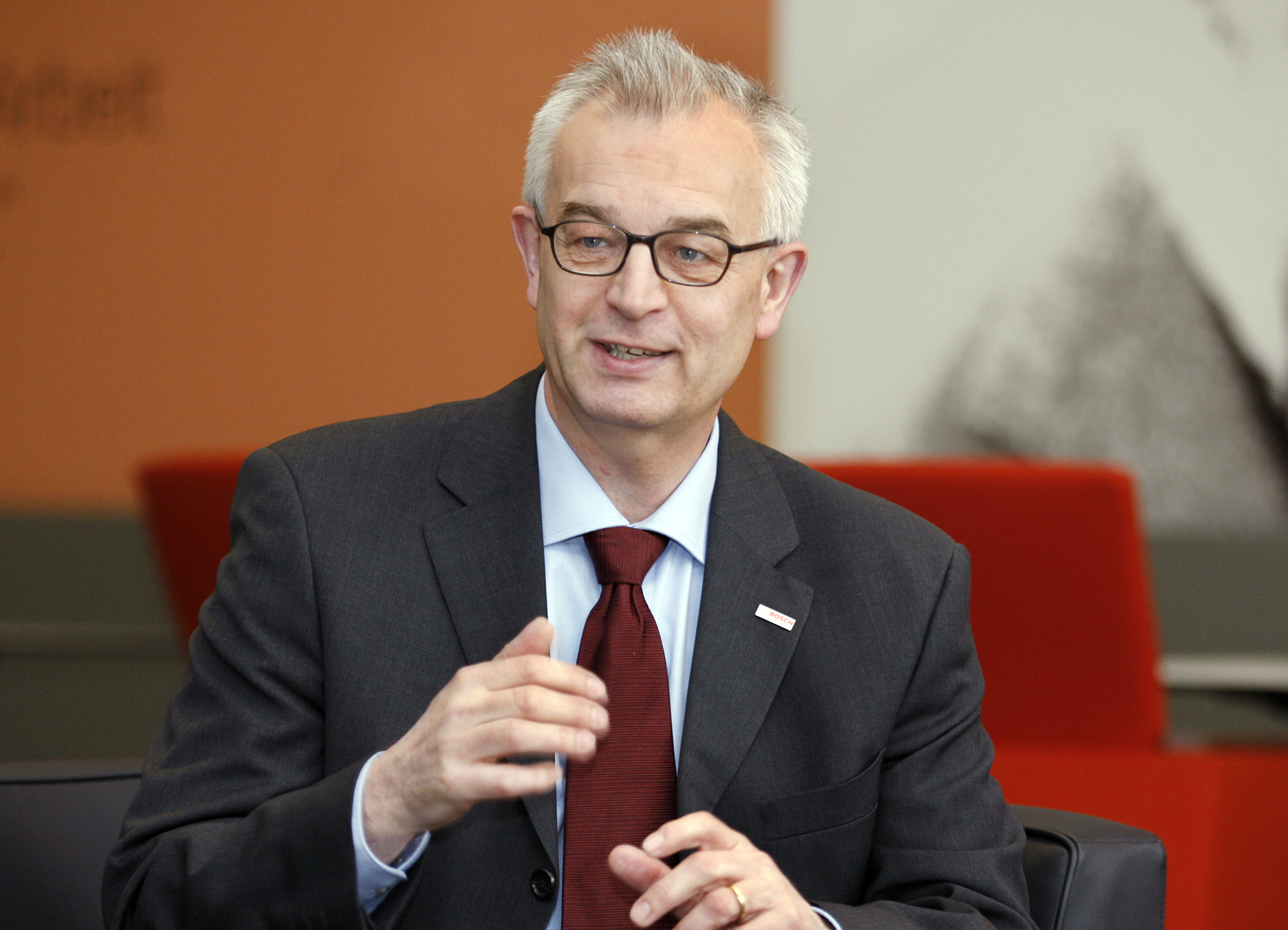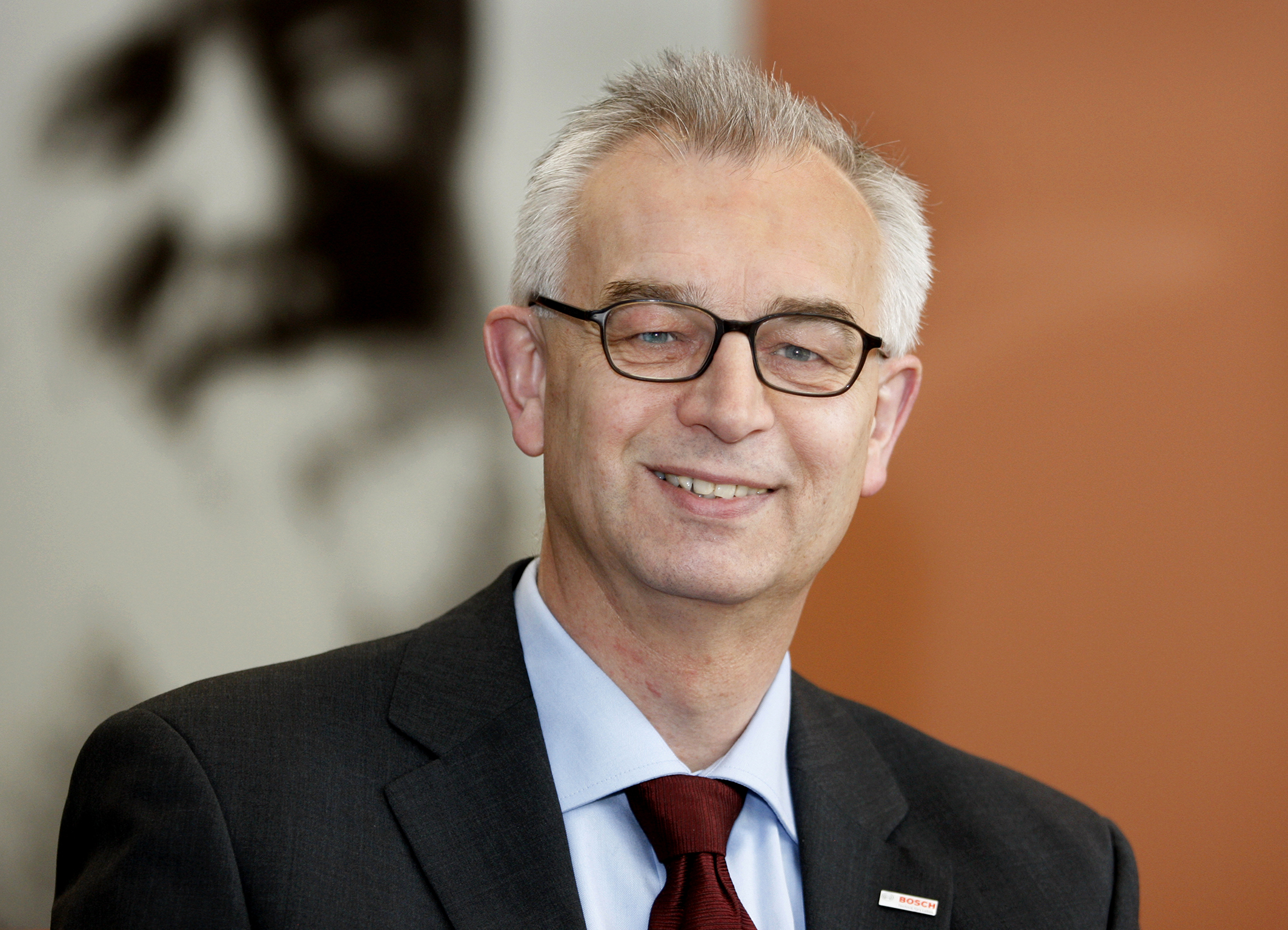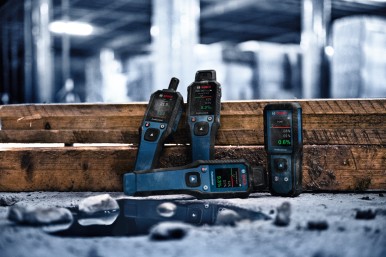What specific steps to qualify and train refugees is Bosch taking?
Czock: At around 30 Bosch locations in Germany, we are offering additional internships with a focus on metalworking as well as opportunities to get to know the company. Short internships make it possible to get a look at a German company and professions such as industrial mechanic or machine operator. Multi-week internships are geared toward career guidance. In introductory training courses spanning a period of several months, Bosch also offers an opportunity for targeted preparation for occupational training. In 2016 and 2017, this program allowed us to reach some 750 refugees. The opportunities and requirements vary depending on the location. We therefore do not have a single nationwide program in Germany. Instead, we support our respective locations individually in working with local and regional institutions and authorities. A total of 1 million euros in special funding has been made available for these activities in 2016 and 2017.
What does Bosch hope to achieve through its measures?
Czock: We are pursuing two objectives with our measures for refugees. First, we want to offer them the opportunity to get to know the way things work at German companies and help them plan their futures. This includes such seemingly banal formalities as working hours and workplace organization, as well as standards such as safety regulations and the structure and duration of occupational training. Second, we want to help qualify refugees for the German labor market and make the successful completion of occupational training a realistic goal. By doing so, we are helping refugees and all businesses in Germany who hope to find new specialists in this group. Refugees who apply for occupational training at Bosch after completing the qualification measures go through the same selection process as all other applicants. Every year, we hire some 1,550 apprentices in Germany. In 2016, seven of them were refugees.
What are the challenges in training and integrating refugees?
Czock: We have had many positive experiences with our measures. Motivation among refugees, for example, is consistently high. Language skills, on the other hand, are a major challenge when it comes to training. That is less of an issue at the company, where associates can also communicate through gestures or may be able to find a colleague who speaks their native language. Instead, a lack of language skills makes it difficult to participate in instruction at vocational schools, where technical terminology plays a pivotal role. Many refugees also come from crisis-stricken regions where, in some cases, no proper schooling was possible for years before they left. You can hardly expect them to have the necessary math, physics, or English skills. We also see that the expectations of German employers and refugees do not always match up. For many refugees, a job as an unskilled worker, which would allow them to earn money quickly and support their families, is more attractive than many years of training to become a specialist for lower pay at first.
How can businesses help master these challenges?
Czock: When we launched our measures to integrate and train refugees, we were able to rely on our experience with Spanish apprentices in Germany. Although there are some major differences here, of course, we knew as a result that successful integration in the German labor market takes many years and good preparation. Being involved in local, regional, and national initiatives, as well as exchange with local institutions, is the key. In our work at over 30 locations, we see that the needs and requirements are very different throughout Germany. To give refugees career prospects, we need more easily accessible opportunities for information and internships. The occupational training campus in Stuttgart, for example, supports refugees with such easily accessible information. We work with other companies there. Integration takes more than just language courses. It also needs the right environment and practical activities.
